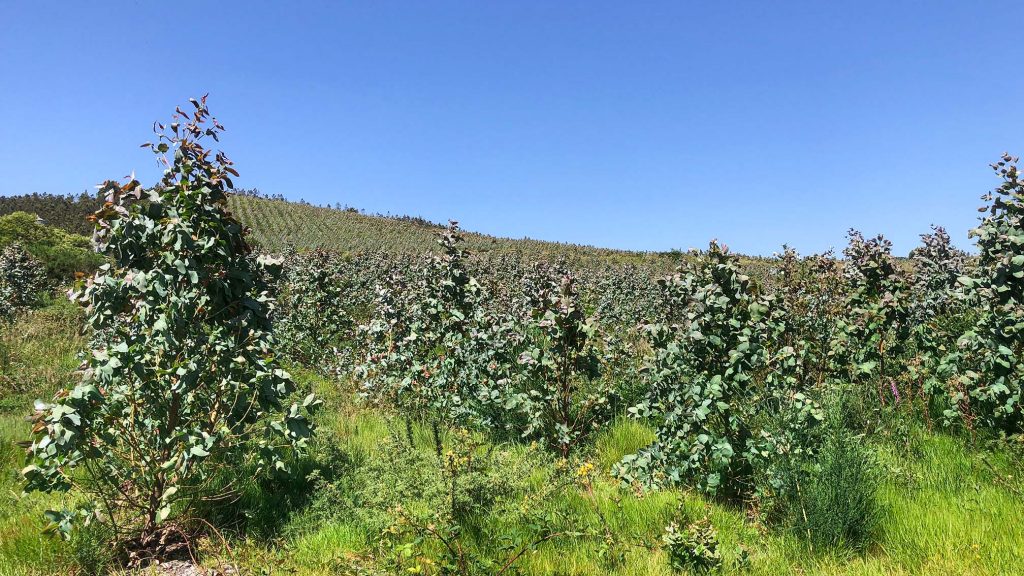Galicia, Spain, is grappling with a concerning surge in eucalyptus cultivation, now constituting a staggering 28% of the region’s forests. The European Data Journalism Network’s transnational journalistic investigation of wildfires delved into the matter.

In Galicia, Native Atlantic forests are being replaced by eucalyptus, an Australian tree species thriving on fire. Policies of the local Popular Party have driven this transformation, offering economic incentives as eucalyptus yields up to €2,500 per hectare per year.
As part of the FIRE-RES supported Wildfires in Europe investigation, the reportage “Eucalyptus Fever: Speculation and Wildfire in Galicia” published on El Orden Mundial by Álvaro Merino and Abel Gil exposes the environmental and economic implications of this dramatic shift.
Economic gains come at a steep cost. Eucalyptus, highly flammable, poses a severe wildfire risk due to tinder accumulation. Two major fires in Froxán in 2006 and 2016 underscore the danger. Firefighters emphasize the difficulty in controlling eucalyptus fires, citing inadequate plantation management.
This economic boom contributes to biodiversity loss and soil degradation, with major paper mills, like Ence, driving uncontrolled expansion. Despite alarming conditions, the Popular Party-led Xunta remains indifferent, lacking transparency in forestry policies.
